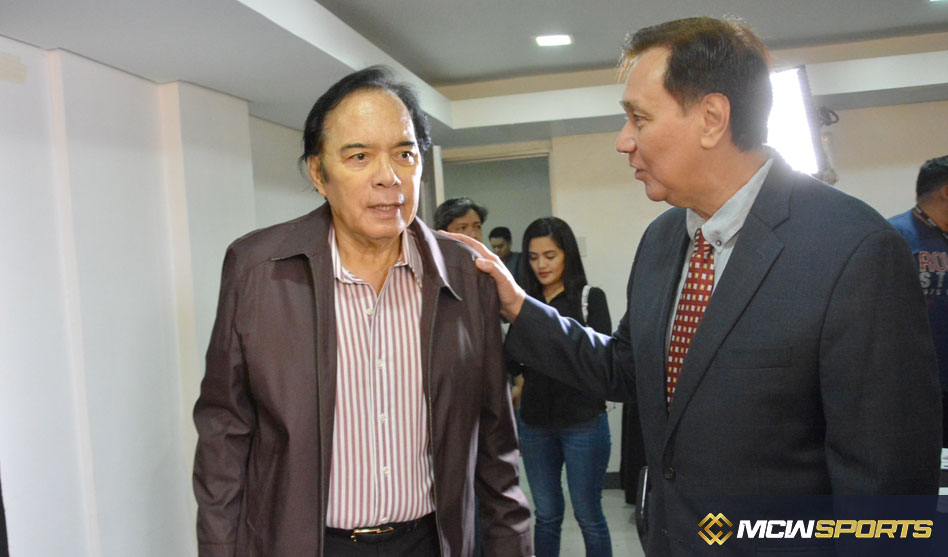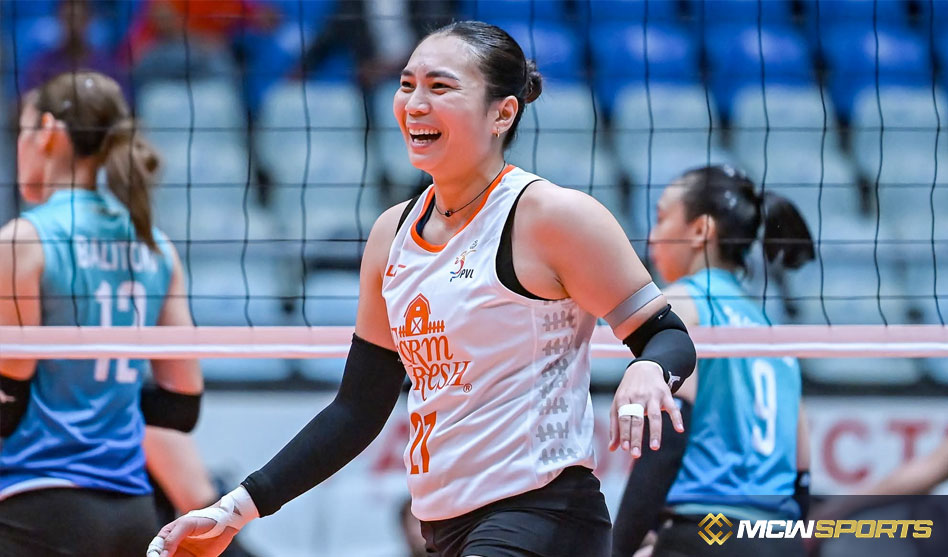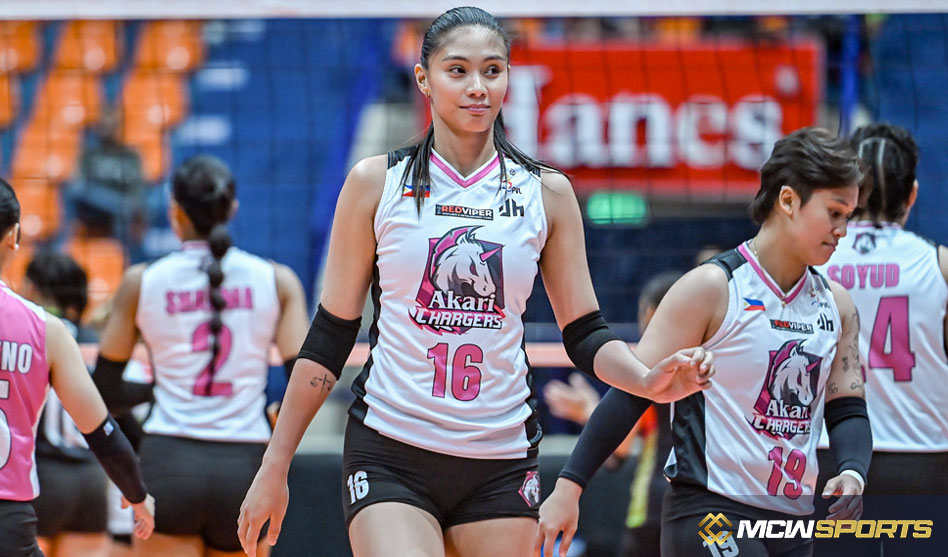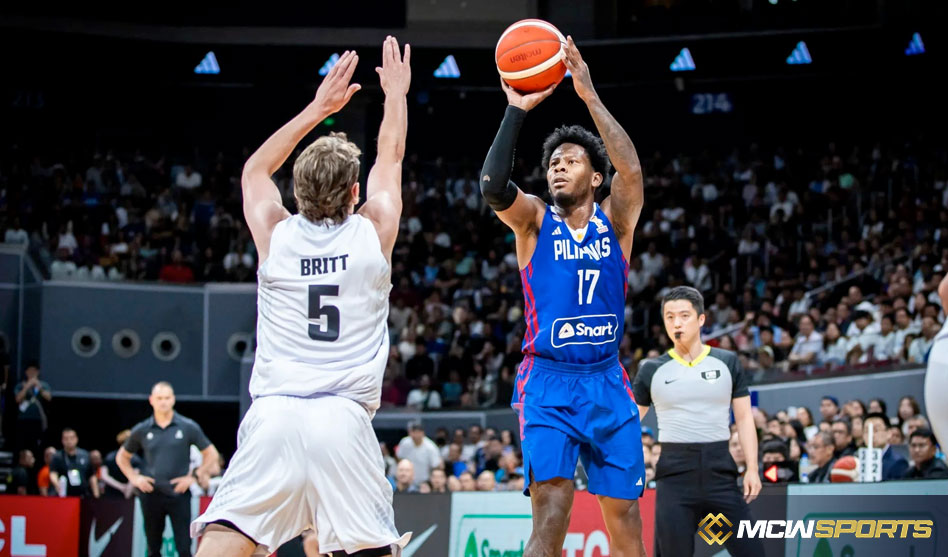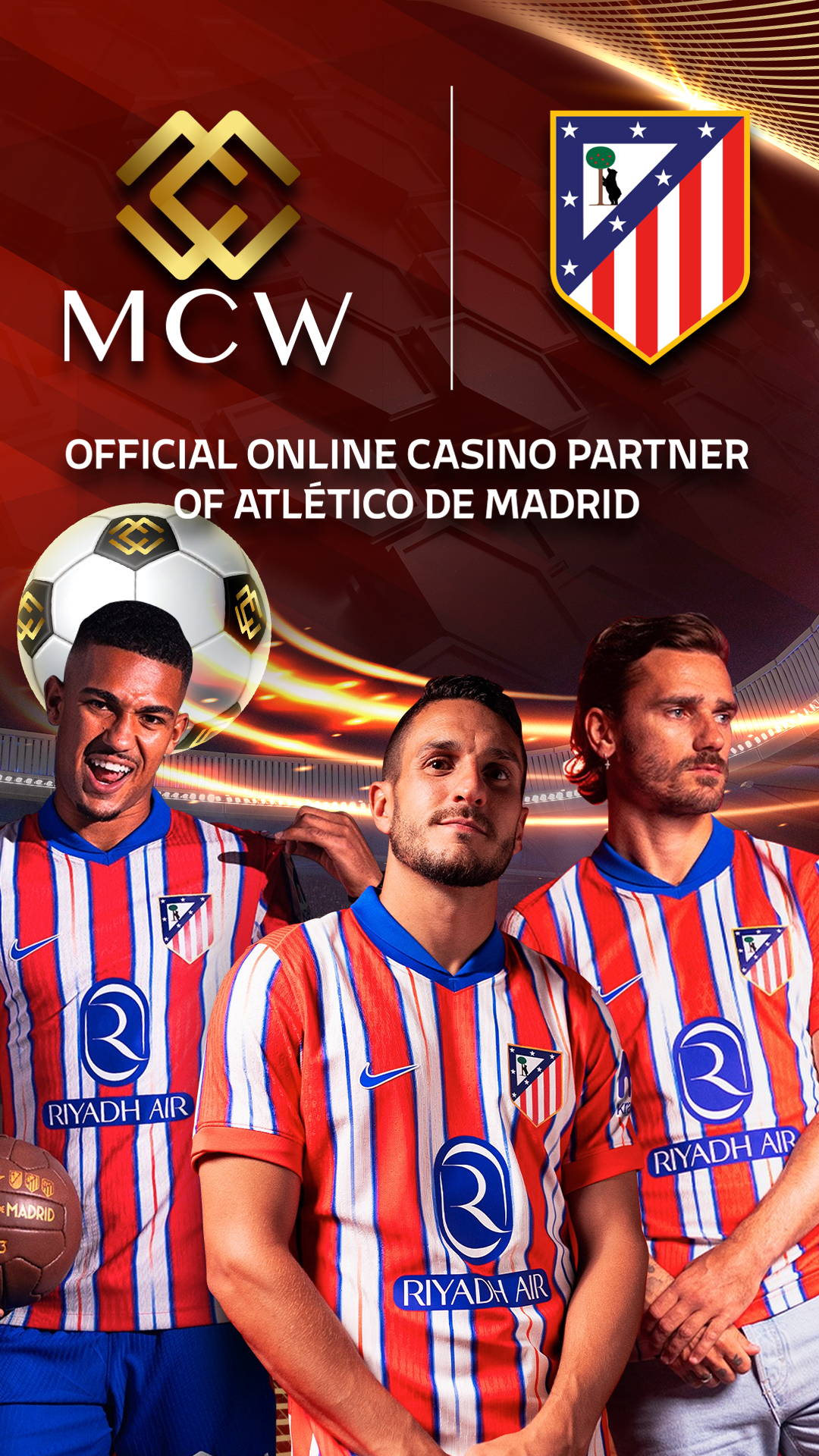MANILA, Philippines – One of the PBA’s most memorable comebacks occurred on October 22, 1985, when Ginebra, then known as the Gin Tonics, overcame a significant deficit to defeat the guest squad Northern Consolidated Cement (NCC) and establish a tradition of tenacity embodied in the team’s “Never Say Die” motto.
Jaworski and Jeff Moore of NCC collided beneath the boards late in the second quarter of that stepladder playoff game for a semifinal berth. Jaworski had to leave the court to receive medical treatment for the cut on his top lip that resulted, but his impact would endure despite his brief absence. Ginebra’s lead dwindled while he was off the court, and NCC accumulated a double-digit lead.
Jaworski made a comeback to the game in the later half of the third quarter, but the decisive shift occurred in the last frame. He added physicality, leadership, and urgency as Ginebra was falling behind and momentum was ebbing away. His presence invigorated the audience and gave his teammates new life. Jaworski scored crucial baskets, directed the offense, and contributed to a decisive run that swung the game in Ginebra’s favor during a thrilling sequence.
Jaworski calmly gathered a pass on the low block, executed a difficult finish while drawing a foul, and then grabbed his own rebound on a miss to keep the lead in the final minutes as the Gin Kings clawed ahead. A 99-96 victory was essentially assured by that possession. In addition to advancing Ginebra, the comeback established the team’s emotional tenet of never giving up, no matter the result.
For the franchise, weeks became decades of “never say die” culture. Many people point to that October night in 1985 as the day the identity was officially established—a wounded leader coming back to encourage his squad when all hope seemed lost. Jaworski’s actions, which were both intensely competitive and on the verge of anguish, mirrored the mythos that would encircle the franchise and its fan base.
The game also highlighted the PBA’s spectacular potential and the close relationship between team culture and player legend for the league. Jaworski’s return turned into a rallying cry for teammates, fans, and Philippine basketball culture as a whole, rather than just a statistical line. That night was directly responsible for Ginebra’s ascent to fame and their standing as a squad that never gives up.
The game provides a number of insights from a contemporary analytical perspective that go beyond its historical significance. First, the power of momentum in sports: Jaworski’s injury and subsequent recovery created a forced adversity that transformed psychological dynamics in favor of Ginebra, opening the door for takeover. Second, the importance of symbolic gestures and leadership: the team’s legendary players’ return during a difficult time not only brought about tactical improvement but also a boost in morale that resulted in improved performance. Third, the significance of clutch decision-making: Ginebra won the game with a calm and situational judgment during the last possession.
This game serves as a reminder to bettors and performance analysts looking at past results that crowd excitement, leadership, and momentum changes are examples of intangible elements that can take precedence over traditional measures. This comeback demonstrates how emotional swings and individual resilience still affect results, particularly in knockout situations or late-season races, even when statistical models place an emphasis on efficiency, shot selection, and pace. The “upset-potential” may be greater than the implied odds when teams with a strong sense of identity and proven finishers encounter difficulties.
It’s safe to argue that Robert Jaworski’s comeback and performance that October night did more than just help Ginebra win a game; it helped create a cultural cornerstone. It reaffirmed the notion that resilience may be turned into a strategic advantage and that no setback is insurmountable. In addition to its drama, the 99-96 victory over NCC is still remembered for its enduring influence on team identity, fan interaction, and the larger story of an underdog winning in the PBA.
When assessing odds, emotional and cultural variables are important, as demonstrated by Ginebra’s 1985 comeback. Particularly in close games or elimination situations, teams with a strong sense of identity—like Ginebra’s “Never Say Die” mentality—frequently perform better than statistical predictions. This can teach bettors to take into account intangible factors like team resiliency, fan momentum, and leadership presence, which often convert underdog wagers into successful outcomes.

 English
English


